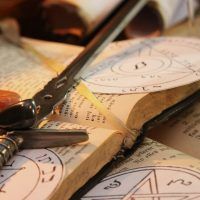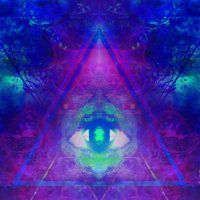The Psychology of Magic
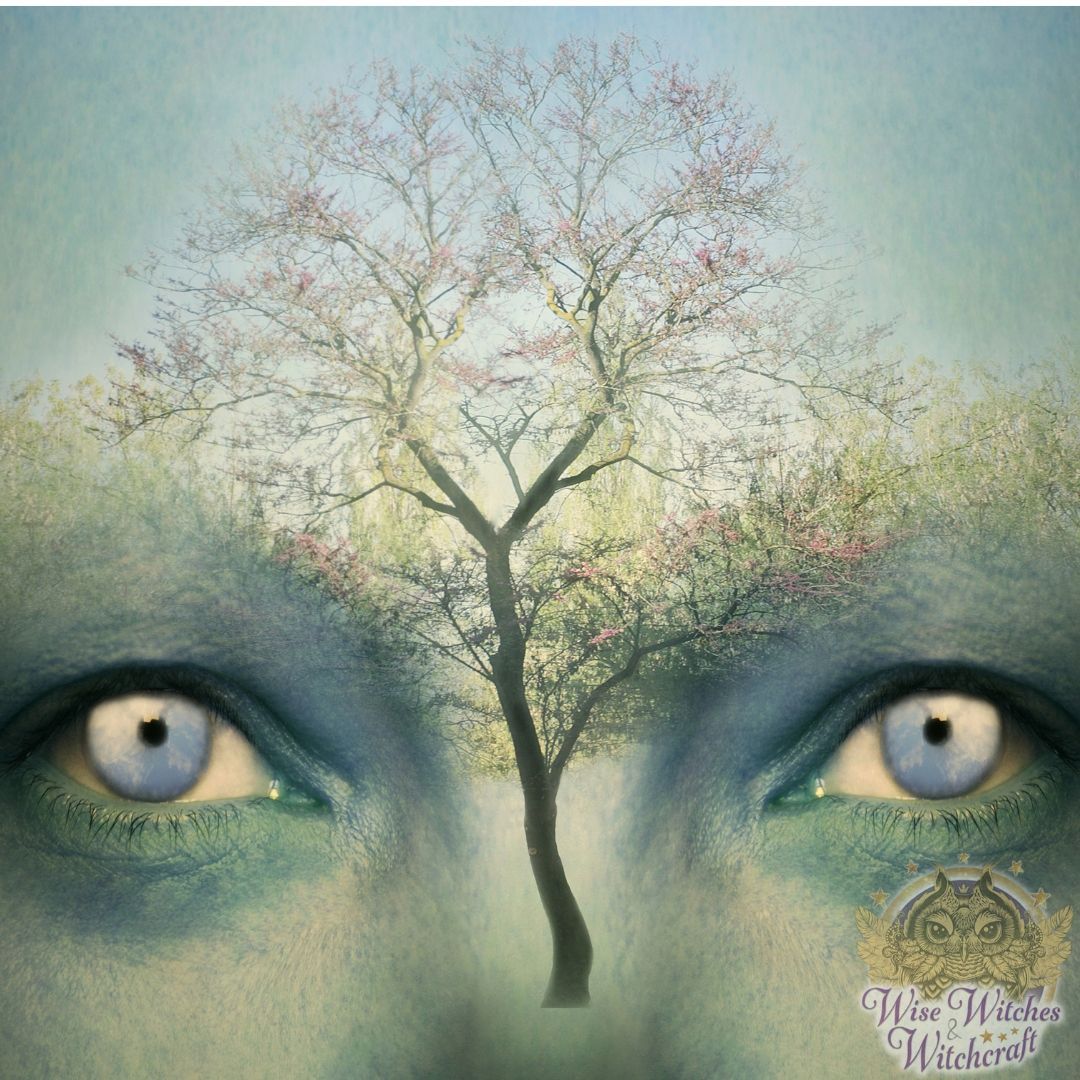
“If you ever find yourself in the wrong story, leave.”
– Mo Willems
While you might not immediately think so, psychology and magic have a lot in common. Yes, the field of psychology sometimes poo-poos the notion of anything supernatural (to the point of considering metaphysical beliefs a potential symptom of mental illness). That doesn’t mean the nuts and bolts of psychology can’t give us great insight into our magical practices by shining a light on our own ways of thinking.
Consider for a moment that magic is typically defined as the art of changing through will. Will is certainly a function of the mind. When a person enters counseling, the idea is transforming negatives through examination and willful action. Magic definitely fits that basic idea.
A Psychological Look at Magic Rituals
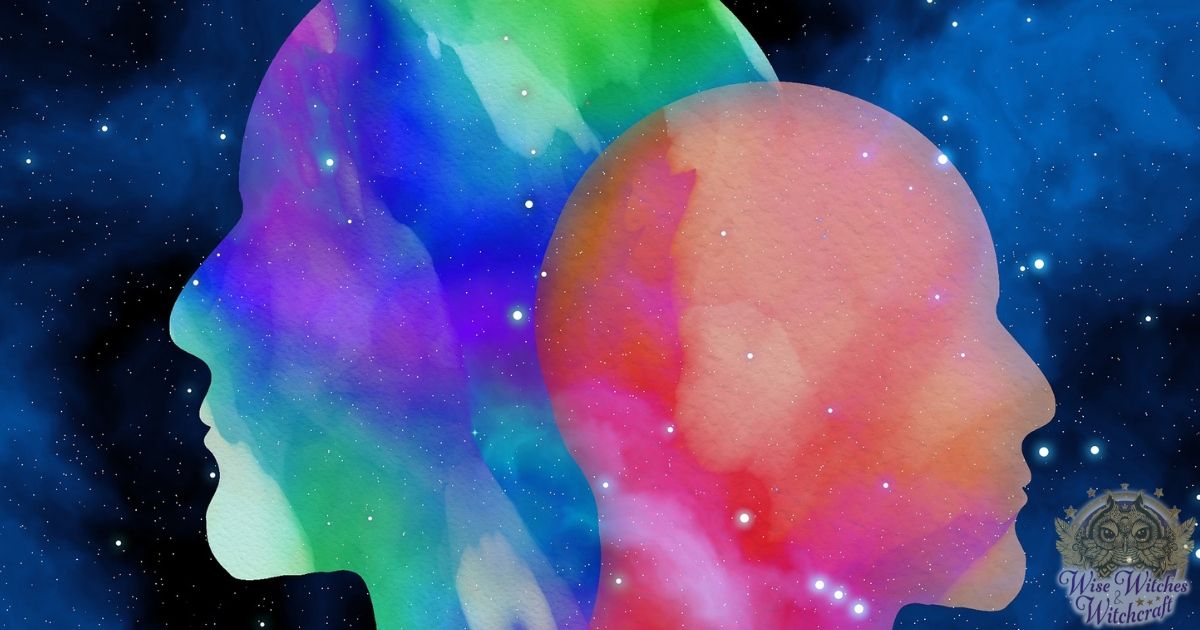
One area of magic that overlaps heavily with psychology is our rituals. Humans are ritualistic beings. We follow patterns without even realizing it. Those patterns are imprinted so heavily into our memory that they happen quite naturally.
Magical ritual is also a pattern. When the tradition of a specific ritual becomes oral history shared from group to group, or generation to generation, we are effectively creating a magical imprint in our minds. Enacting this ritual becomes as normal as waking up in the morning.
Repeated Wiccan rituals are fairly predictable and commonly understood by the practitioners. Most people in an observance comprehend the “whys” of the gathering and the basic staging: This is a moment in time, like Yule, when we set aside the mundane and focus on spiritual matters.
Magical ritual takes more concentration than our daily patterns. Even so, this foundational understanding of the way our mind works generally improves the outcome of any rite. The preparation for a ritual sets up the foundation mentally, then enacting it creates the energy built from that foundation. Our psyche naturally understands this, giving us greater control over the direction of our will.
Psychology and Magical Divination
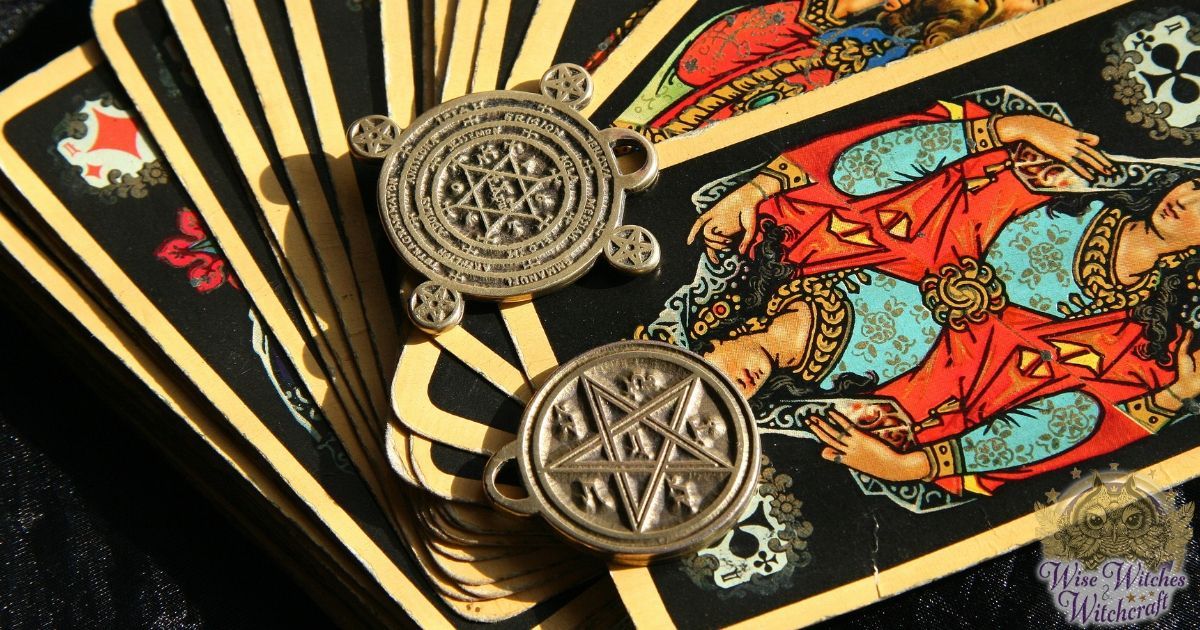
Another area where using an understanding of mental processes helps us in magic is divination. Where our ancients may have used tea leaves and crystal balls as scrying implements, we can use television and computer screens similarly. Why? Quite simply because our experience created a built-in expectation of seeing something appear on those surfaces.
Magical Tools of the Trade
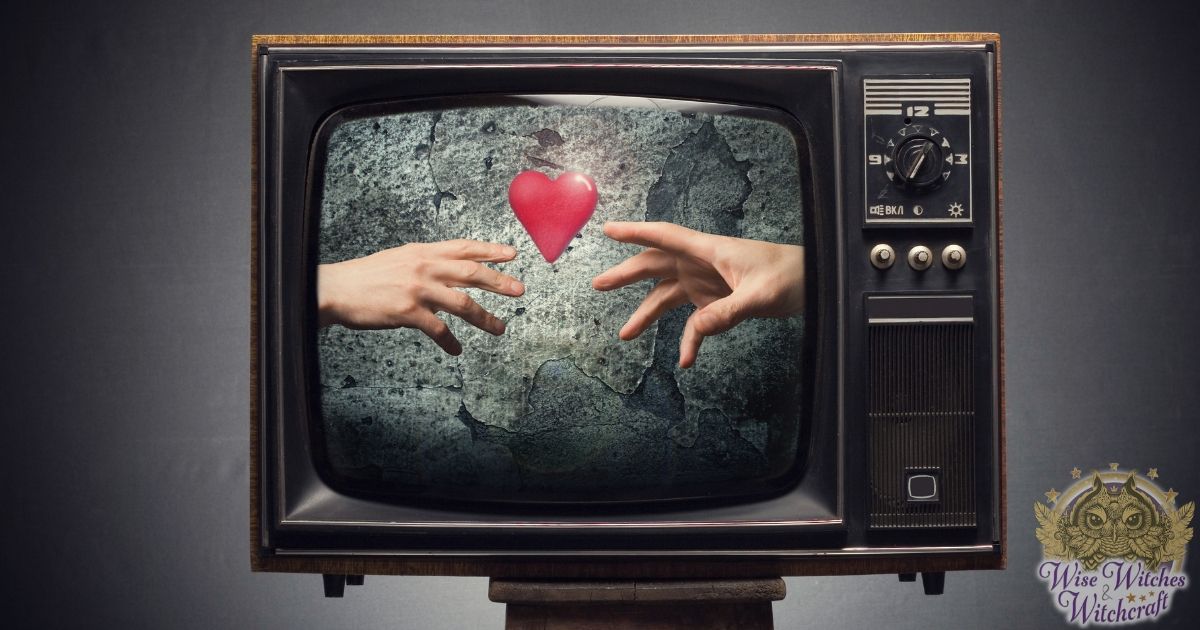
What about our magical instruments? Tools are simply a symbolic extension of our will/mind. In and of themselves they are dormant until the energy of our will commands action. You don’t NEED any tools for working magic, but they are a mental support unit that takes the focus away from the mundane self and turns it toward spiritual realms.
Thinking along these lines, now creating your own tools makes perfect sense. You design your tools in a manner that’s personally meaningful, and therefore more effective. Tarot cards are a good example. Not everyone relates on a cognitive level to traditional Tarot symbolism. So, some people get blank decks and make their own Tarot (or some similar oracle). Once you’ve created a tool, using it puts you in a magical state of mind, just as with ritual.
So Why didn’t the Magic Work?

There are times when concepts that begin with psychology and end with magic simply do not work. We wonder what went wrong. There are a lot of potential explanations including:
- Distractions: These muck up a lot of magical processes.
- Unrealistic expectations: Setting the bar too high creates doubt. Always measure your goals based on your abilities and circumstances. Creating a spell intended to move you out of the mailroom into the corporate conference room is one example: This rarely happens in one leap. Use your magic for smaller, achievable steps.
- Self doubt: Even the savviest of witches has an off day. We may worry that a ritual or spell will not work, no matter how much time an effort we’ve put into it. Thus, failure simply reflects our thoughts and fears. When you trust in your magical practice – that’s when the wonders happen. In other words, it’s not the things you do, but the thinks you THINK.
- Free will: If your spell or ritual has an impact on other humans, those humans can really muddle things up. Free will is pesky like that. The best example of this when a person works love magic on one specific prospect. While you may have a real desire here, there is the question of manipulation. No matter how this magical process pans out, that nagging uncertainty of where love originated makes relationships very bumpy.
- Release: We can whip up a wonderful magical wind, but if we never release it, you end up with stagnant energy. Humans are a clingy lot. Many times we don’t even realize we haven’t let go of a matter. Trust in your work, let it go and move onward. The only caveat here is that you still have to put honest effort into your goals. You can’t put your mind and will toward bettering yourself without supporting that in the real world. It simply will not work.
- Disconnect: In metaphysics, we have runes and sigils, signatures and signs all of which have a marked purpose, and all of which are intended to transform our consciousness. All of that’s for naught if a practitioner has no mental or emotional connection to the symbol. Metaphorical imagery doesn’t work just because “someone says so.”
- Bad Data: Our mind is a complex computer. Veritable results start with veritable input. Use the wrong coding and — spark, fizzle, poof! Now you are starting from scratch all over again. Returning this concept to rituals, while you may have great “props” a bad play is still a bad play. Maybe the costumes were wrong. Maybe actors didn’t understand their roles. The only way that magic comes alive is through commitment to keeping it velveteen rabbit real. Authenticity and magic go hand in hand.
Magic and Mind Mastery: Just say “KNOW”
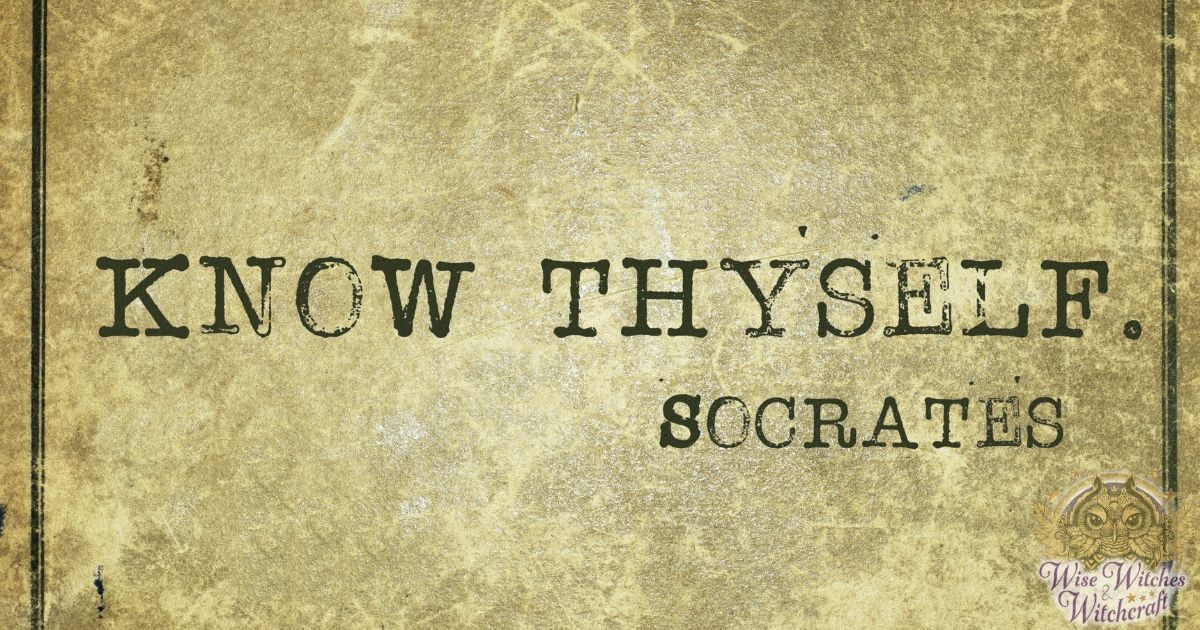
Socrates was onto something intensely important when he said, “know thyself.” This axiom most certainly sits in the forefront of using our knowledge of psychology in metaphysical practices. While we strive to reach beyond our humanity, we still have the here and now with which to contend. Know your desires; know your needs. Know your thoughts; know your limitations. To master your magic, first become the master of your own mind and watch where that takes you!


